In recent events, the political landscape in Kenya has seen a notable intersection with religious institutions. This is particularly clear. Prominent political figures like President William Ruto and Deputy President Rigathi Gachagua engage with church congregations.
This trend highlights the increasing involvement of politicians in religious settings. They seek to connect with voters and garner support. The church, traditionally seen as a neutral ground, is becoming a platform for political discourse and campaigning.
The participation of Ruto and Gachagua in church services has sparked discussions about the role of religion in politics. Their presence in the pulpit is not merely a matter of faith. It is a strategic move to influence public opinion.
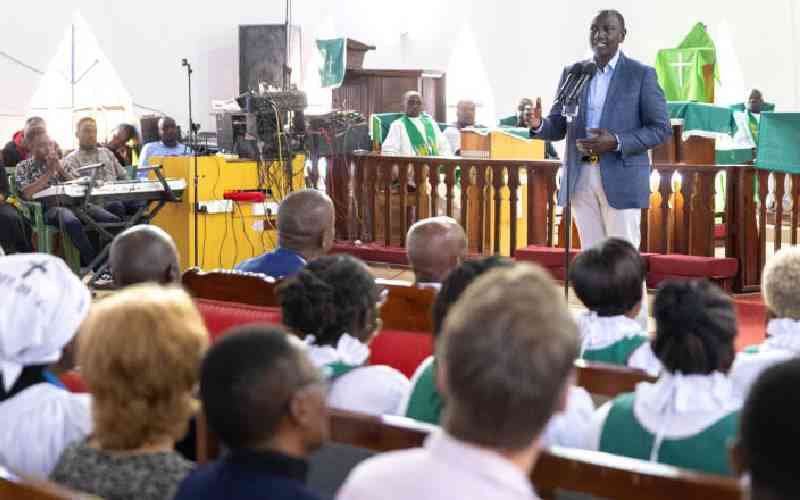
They aim to rally their political base. This blending of politics and religion raises questions about the separation of church and state. It also raises questions about the ethical implications of using religious venues for political gain.
Moreover, the involvement of political allies in church activities reflects a broader trend. Politicians leverage religious gatherings to promote their agendas. This phenomenon is not unique to Kenya. Similar patterns can be observed in various countries.
Leaders seek to align themselves with religious communities. The implications of this trend reshape the dynamics of political campaigns and voter engagement in the future.
The lines between politics and religion continue to blur. It remains to be seen how this will affect the church’s role. The impact on society is uncertain. No one knows how this will impact the political landscape in Kenya.
Political leaders are increasingly engaging in religious spaces. This ongoing engagement leads to increased scrutiny from both the public and religious authorities. This prompts a reevaluation of the relationship between faith and politics in the country.

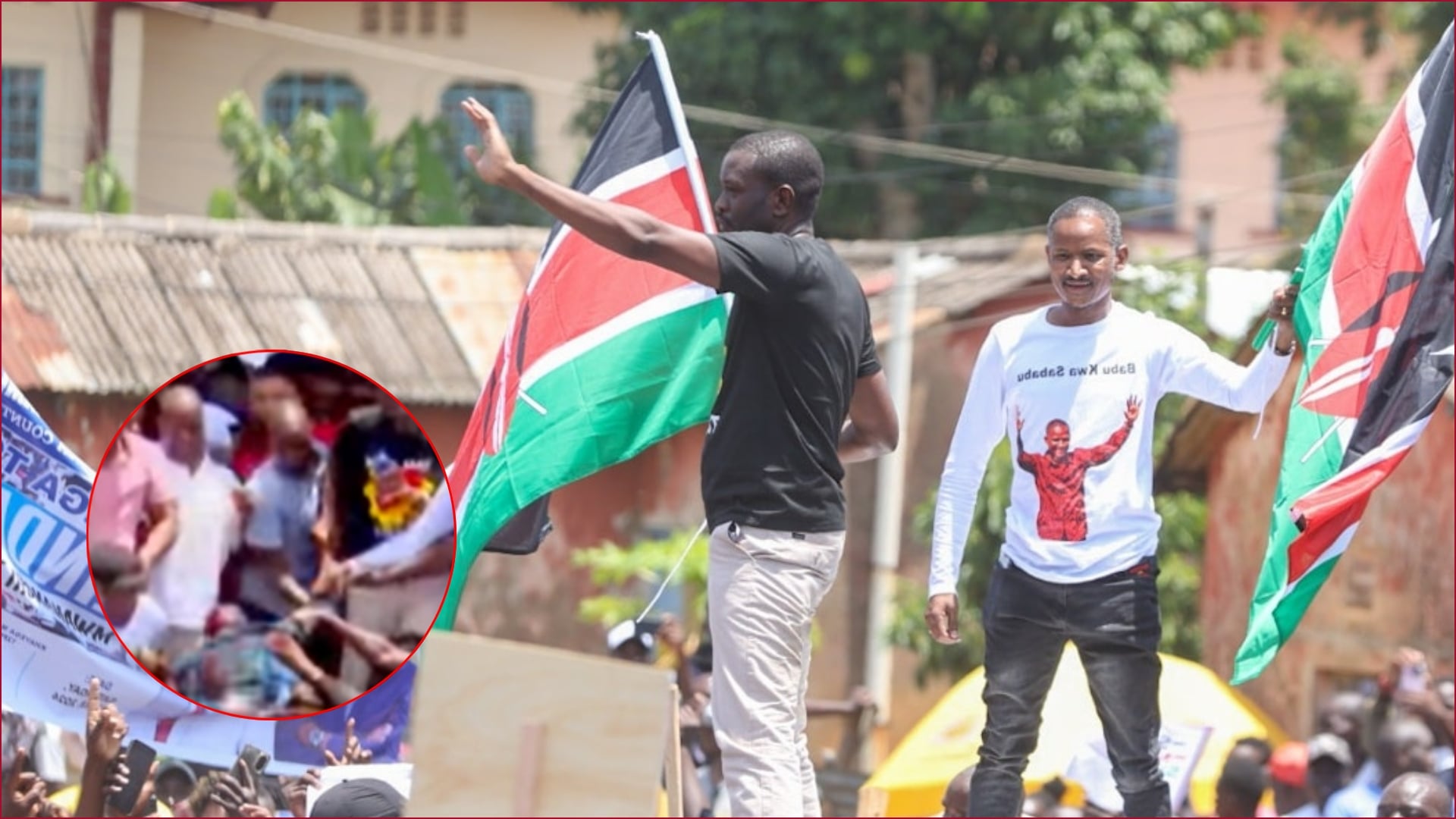
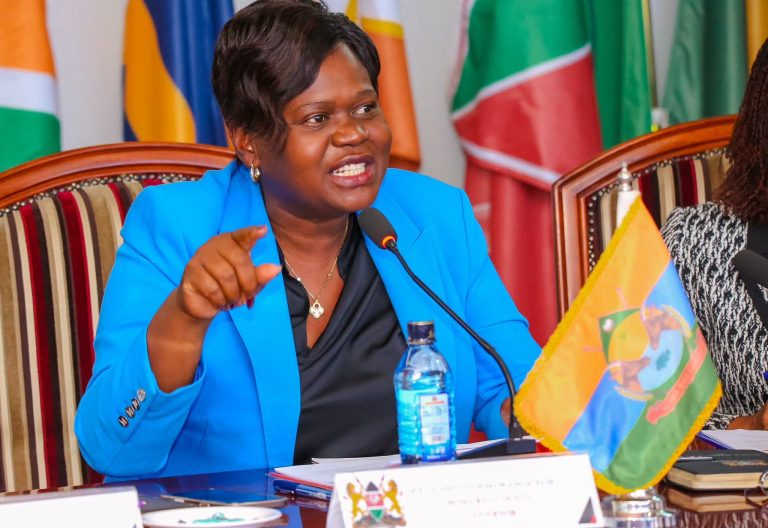
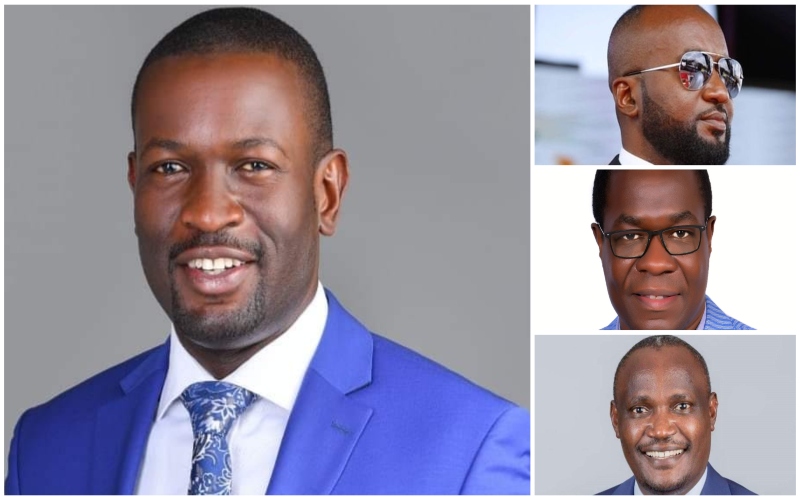
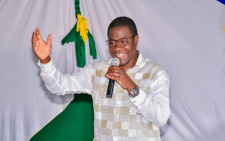
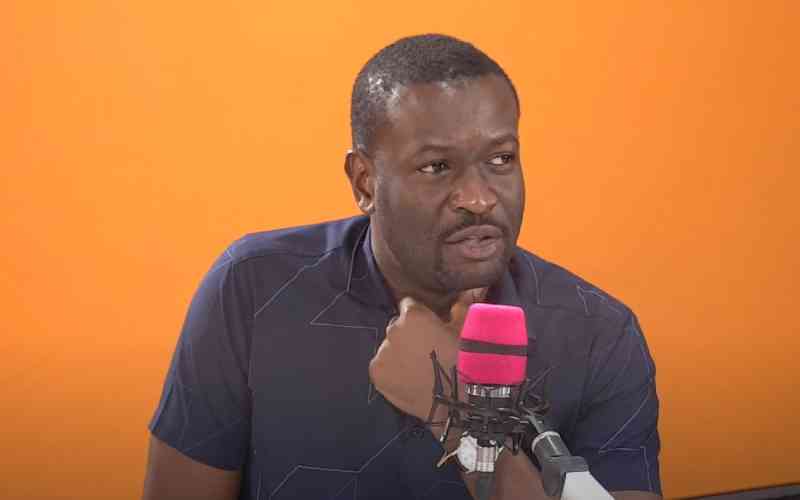
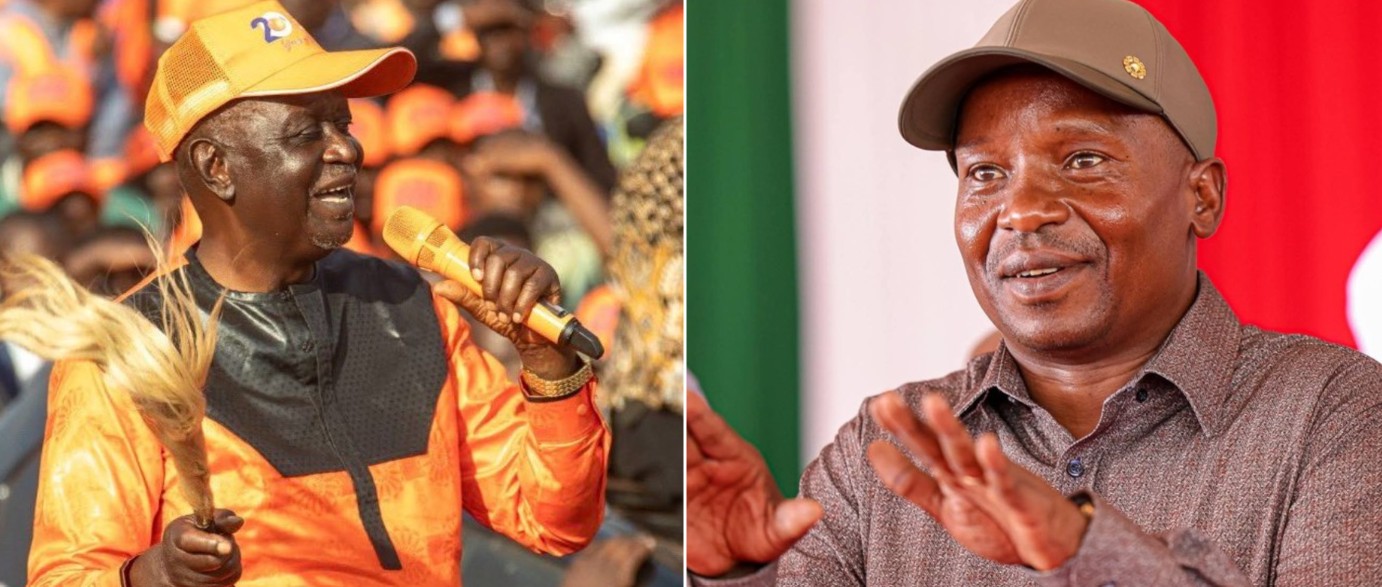
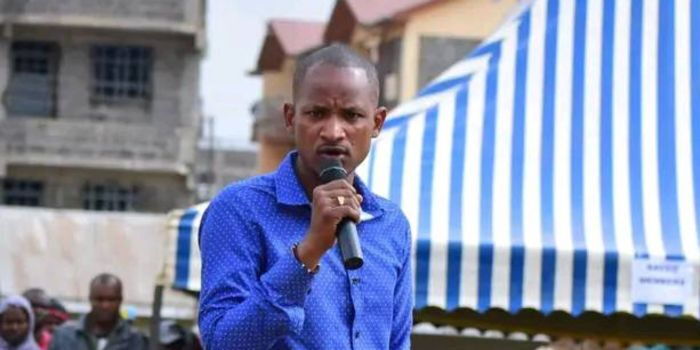
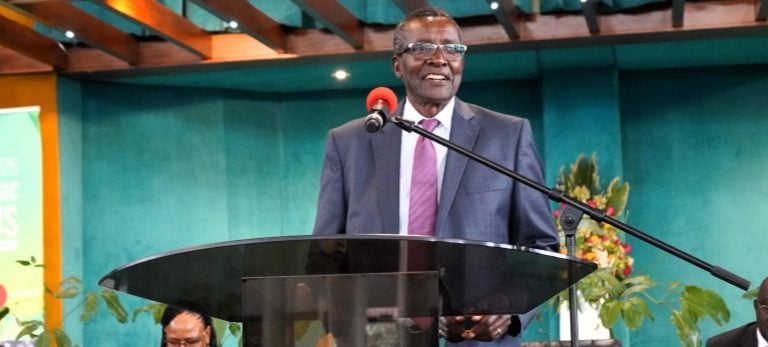
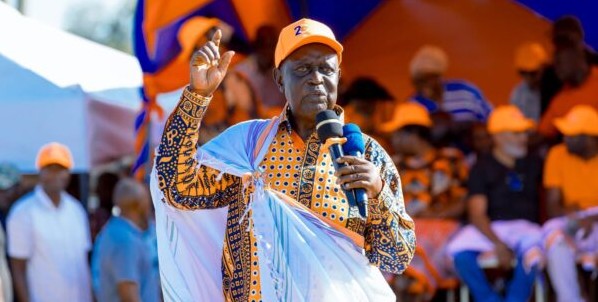
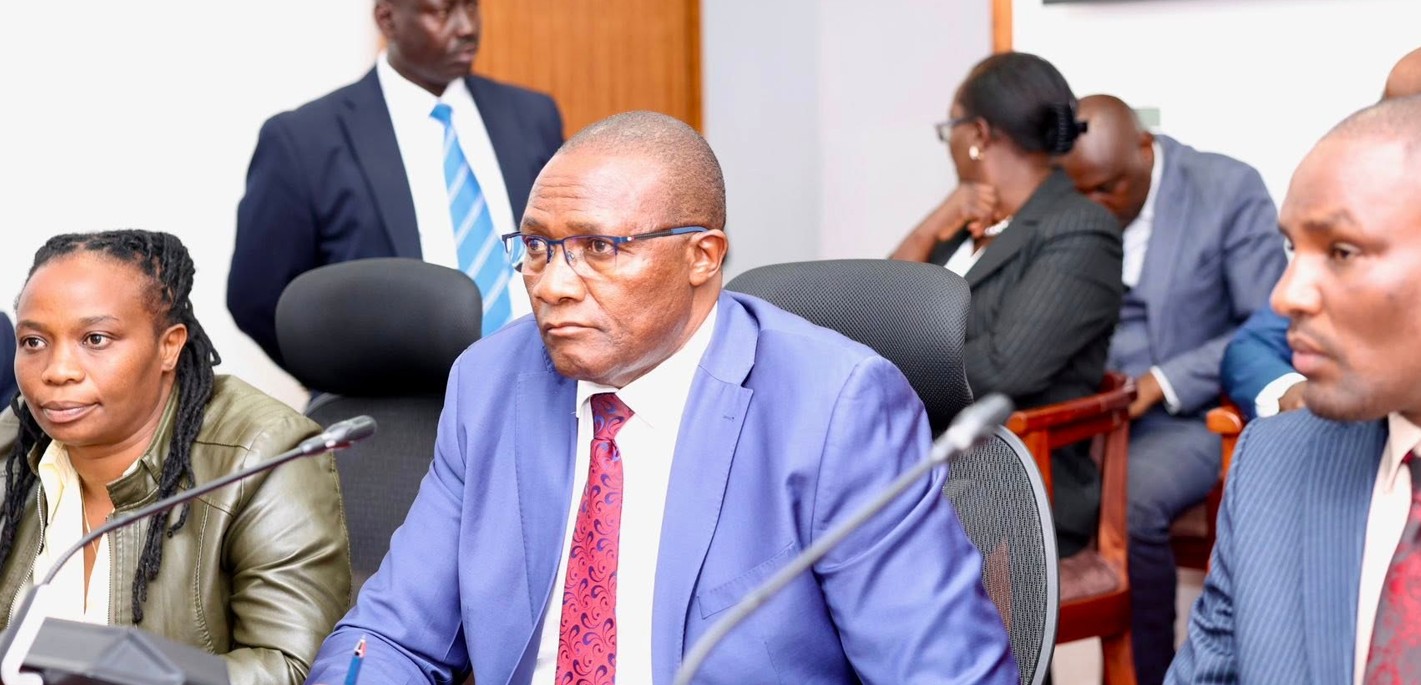
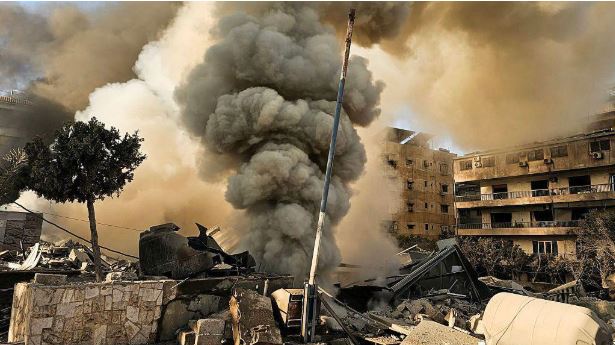
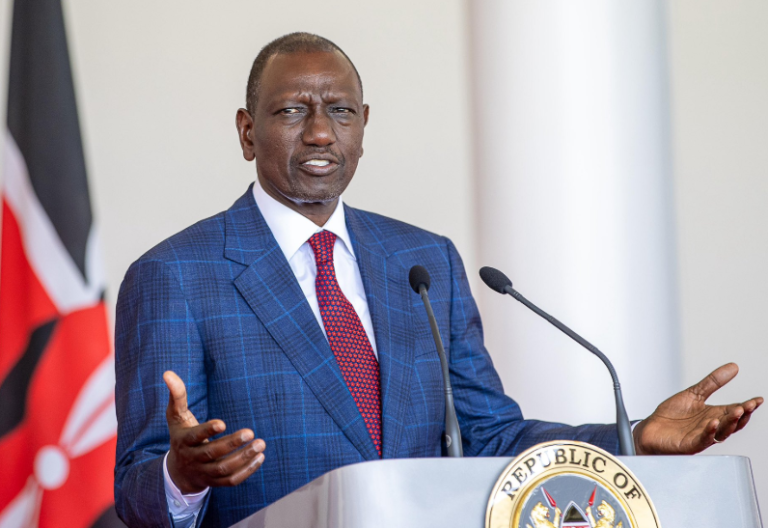
📪 You got a transfer from unknown user. Confirm >> https://telegra.ph/Go-to-your-personal-cabinet-08-25?hs=6d668cbbdbfaa99c04655e41a8287bfa& 📪
80kyu1